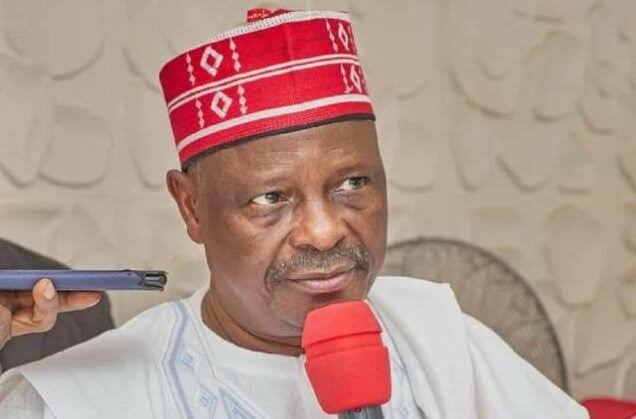BY MYKE UZENDU
Former governor of Kano state and presidential candidate of the New Nigeria People Party (NNPP) in the 2023 general election, Rabiu Musa Kwankwaso, has slammed the Northern elders over their roles in selecting candidates for election in the zone
Kwankwaso, who described the bearing influence of the zones’ elders in sponsoring and imposing candidates as diminishing democracy, similarly expressed his concerns about how those he called self-proclaimed stakeholders are interfering with the democratic process, particularly in the selection and fielding of candidates for elections.
The NNPP national leader, who spoke during an interview with BBC Hausa service made significant allegations regarding the role of northern elders in the political landscape of Nigeria.
According to him, his primary argument is that this interference is detrimental to democracy and fosters disunity among the people.
Citing his experience in 2019, the the NNPP leader noted that despite having a diverse pool of candidates from the northwest—ranging from former governors to ministers—the final selections did not reflect what was best for the region, stressing that the development promotes personal interests as against communal needs, leading to discord among constituents.
He believes that such actions lead to the election of candidates who may not be competent or representative of the broader interests of their constituents.
He emphasised that the influence exerted by northern elders in candidate selection is undermining democracy, creating divisions within society, and ultimately resulting in subpar leadership choices that do not serve the public interest.
According to him, “This practice not only misleads voters but also undermines genuine democratic participation.”
Kwankwaso added that instead of advocating for collective interests at important political venues like Port Harcourt or Abuja, these elders prioritise their selfish motives.
He regretted that many decisions regarding candidate endorsements are made by a small group of individuals rather than through a more inclusive and democratic process.
